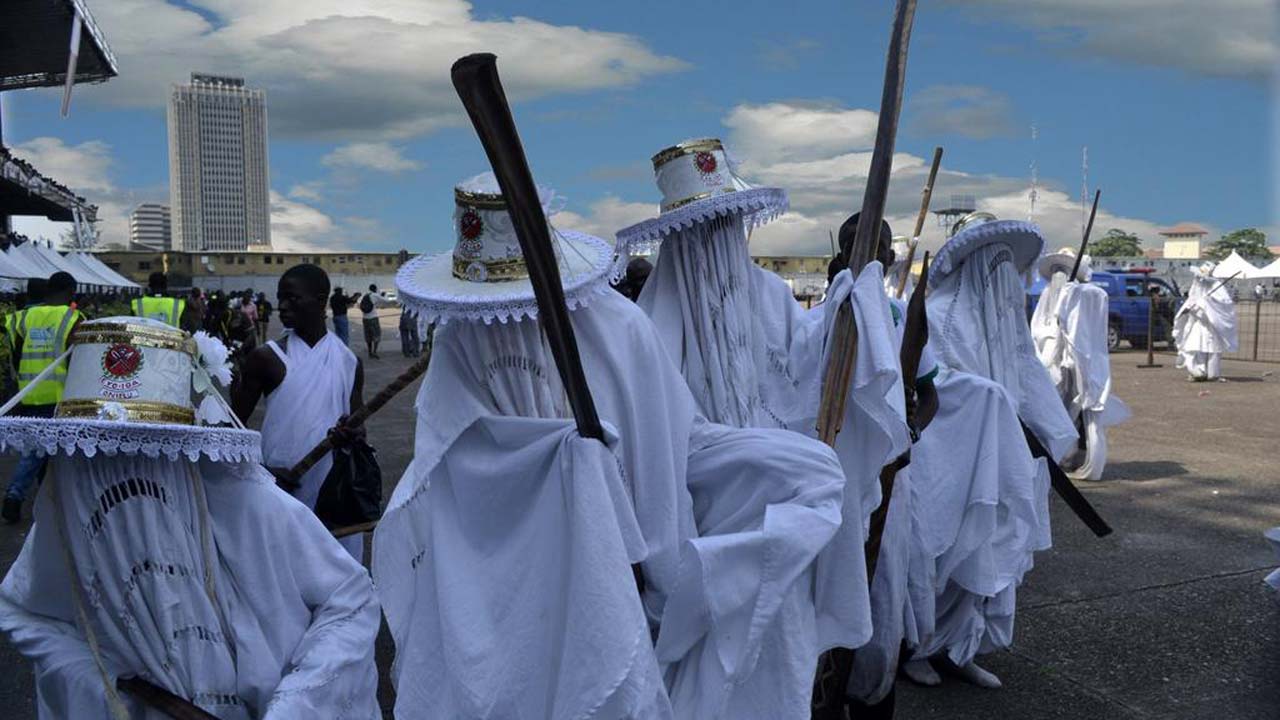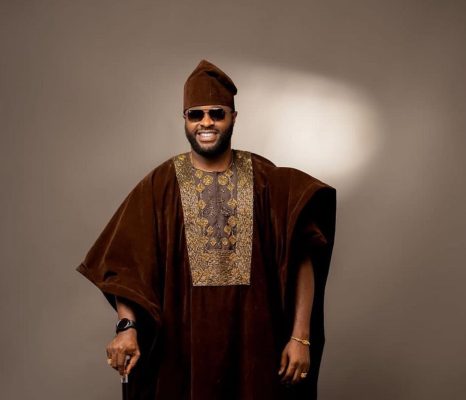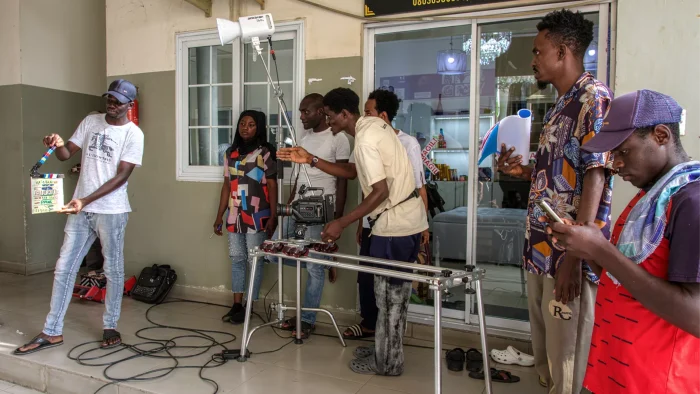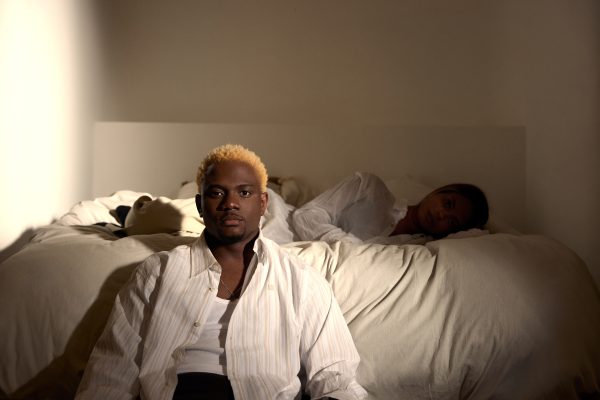A country like Nigeria, diverse in culture, religion and ethnicity requires tolerance from her inhabitants to accommodate the different religious and traditional festivals that dot the calendar annually. Festivals have always held sway among people connecting to their culture, heritage and roots. Some of these festivals have been in practice for hundreds of years and remains relevant even in the 21st century.
The importance of festivals is to perpetuate salient elements of the culture or religion and to preserve it. This brings to mind the importance of Easter to Christians as the celebration of the actual and symbolic death of Jesus Christ.
[ad]
In a country of over 371 tribes and 250 ethnic groups, we have several traditional festivals with pre-colonial origins. Some of these festivals are over 300 years old.
The death of Oba Akitoye of Lagos on September 2, 1953, ushered in the theatrical performance of a religious play done to celebrate the life and times of Oba’s in Lagos and other important chiefs and personalities in the state. Originally known as the “Adamu Orisa Play”, later called Eyo festival, had its first performance in 1853.

There are four important groups that come in procession during the Eyo festival. These groups have their respective quarters, known as Iga. Laba (Red), Oniko (yellow), Ologede (Green) and Agere (Purple) take turns in a parade from their quarters throughout the streets of Lagos Island and finally to the Oba of Lagos’s Palace. The last display is usually done by the most senior “Eyo Masquerade”, known as the Adimu identified by a black, broad-brimmed hat. The last Eyo Festival held in 2017 during the celebration of 50th Anniversary of Lagos.
The prestigious Ojude Oba festival is revered by the people of Ijebu. Celebrated on the third day after Eid El Kabir (Sallah), it originally got its footing in 1892 when the then Oba Adesumbo Tunwase offered land to Muslim settlers. Since then, the festival has become a clarion call for the Ijebus’ both home and abroad to celebrate their essence, culture and heritage. The colourful and flamboyant way the Ojude Oba festivals is celebrated makes it an important festival in Yoruba land.
There are two major highlights of the Ojude Oba festival. One is the colourful and flamboyant display of attires and styles by the three major age grades, known as Regberegbes. These groups try to outwit one another in a show of style and class before the Awujale of Ijebu and his council of chiefs.
[ad]
The other major highlight is the horse riding display by the Balogun, a descendant of war heroes who fought and kept the town safe from internal and external attacks during the 17th and 18th century. A few of the families control this horse riding display during the festivals. These families don’t just flaunt their well-built horses and horse-riding, but also fire gunshots into the air to announce their arrivals, giving a magnificent display at the festival.
Another important festival is the Durbar festival which holds in Northern states of Nigeria. The festival marks the end of Ramadan. It begins with prayers, followed by a parade of the Emir and his entourage on horses, accompanied by musicians, and ends at the Emir’s palace. Durbar festivals are organised in Kano, Katsina, Sokoto, Zaria and Bida, and are considered tourist attractions.
The Durbar festival was first announced by the then Emir of Kano, Sarki Muhammad Rumfa about 500 years ago. Originally a military drill, it has evolved as a majestic display of grace, culture and tradition of Northern Nigeria.

The New Yam Festival, Ofala Festival, Mmanwu Festival, Ekpe Festival and Inne Festival all venerate the cultures and traditions of Igbo Land. The New Yam Festival is an important festival for the Igbo people. Yam, being a staple food in Igbo land, is often described as the “King of Crops” and it represents prominence and royalty. The festival, celebrated between August and October every year, gives thanks to the gods for a bountiful harvest.
The style of the New Yam Festival varies from one community to the other. The festival kicks off with prayers and libation to the gods. A huge tuber of yam is roasted with palm oil, animal blood and some other ingredients before it is offered to the gods. This ritual is always done by the King of the land or any high-ranking person. After the prayers, the festival proper kicks off with masquerade display, cultural dance by different age grades and most times, a fashion and beauty contest by the maidens of the land. In some parts of Igbo land, the New Yam Festival also symbolises the beginning of a New Year in the Igbo’s cultural calendar.

In a country with diverse ethnic groups and religious bodies, majority of Nigerians are wedged between two religions: Christianity and Islam. One special holiday (festival) celebrated by Christians all around the world is the Easter holiday.
Originally called Pascha in Greek or Latin, it is a festival celebrating the resurrection of Jesus from the dead after his crucifixion by the Romans around 30 AD. Around 33 AD, Christians all around Judah and its environs began to celebrate Easter with a feast marking the resurrection of Jesus Christ with a celebration of a new life and hope. It became popular in the New World (Europe, America) around 1770.
After missionaries saw the essence of the religions after the abolition of the slave trade on March 25th 1807, they, especially the CMS in West Africa, Nigeria began the spread of Christianity. Christianity came, and it brought its festivals with it—Easter, Christmas and the Mark of a New Year.
Since then, Easter festivals have been a festival observed by Christian Faithfuls all around Nigeria. It is a period for sober reflection and to make merry with family and friends. In the late 70s and till the late 90s in Nigeria, Christians celebrate the Easter with not eating of animals with blood. It was a period that the snail and fish market blossomed. The current economic situation won’t allow most people to do that now, but even with that Christians faithful still find time to have fun and unwind; they won’t allow any economic hardship or strain to dissuade them from not celebrating the revivification of their Lord Jesus Christ.
Happy Holidays!!!!!
[ad unit=2]








